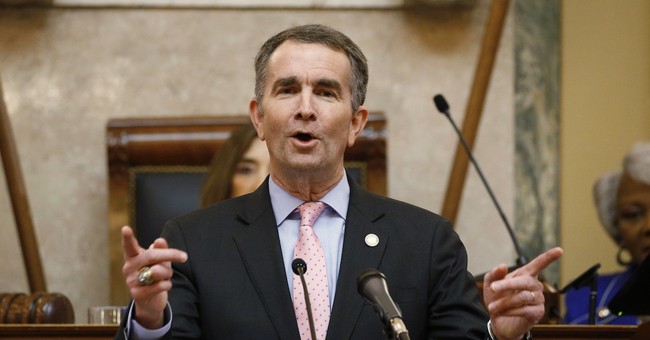Mr. Schumer nonetheless had an opportunity to do what Democrats keep
pretending to do: Take the proceedings seriously. Had he reached out to
Majority Leader Mitch McConnell to work on an agreement—had he privately
spoken of the need for the Senate to come together and publicly
refrained from partisan jabs—he’d have had an audience. Republican
senators—in particular those up for re-election or retiring—don’t want
to be accused of bias. As of last weekend, enough GOP senators to matter
were still on the fence about Democratic demands for more witnesses.
Not
so much anymore. Mr. Schumer managed to annoy them, in particular with
his first-day stunt of keeping the chamber in session until nearly 2
a.m., forcing vote after vote on witness motions that he knew would
fail. Mr. McConnell’s organizing resolution already provided for these
votes later in the process, making the Schumer motionathon nothing more
than an inconvenient stunt.
He managed to offend Republicans too,
by claiming they’ve already failed to “rise to their constitutional
mandate,” are complicit in a “coverup” and don’t “want a fair trial.”
He’s derided the president’s legal team and excoriated Republican
witness proposals. He insulted his colleagues’ intelligence by arguing
both that they need more evidence and that the case against Mr. Trump is
already cut and dry. Reps. Adam Schiff and Jerry Nadler haven’t helped,
with their presumptuous lectures on the senators’ obligations and
duties.
Mostly, Mr. Schumer’s partisan accusations and threats
have further exposed for Republicans his real goal with this trial:
becoming Senate majority leader. Mr. Schumer knows the trial will end
with acquittal. His nonstop attacks on Republican integrity are designed
to squeeze vulnerable senators and help his party pick up seats in
states like Maine or Colorado.






